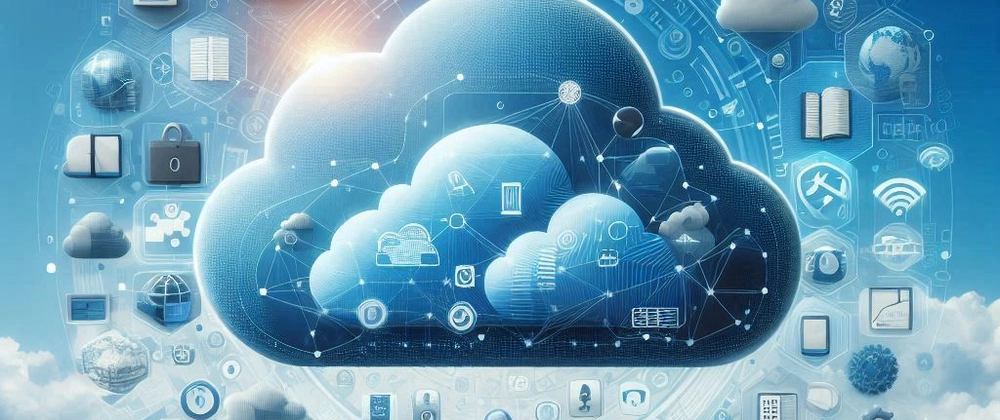What is Cloud Computing?
Cloud computing is the delivery of computing services such as servers,storage,databases,networking,software and more over the internet ("the cloud") instead of relying on local servers or personal computers or devices.
Why Cloud Computing?
-Cost Efficiency – Reduces hardware expenses and maintenance costs with a pay-as-you-go model.
-Scalability – Easily adjust resources based on demand.
-Accessibility – Access data and applications from anywhere.
-Security – Strong encryption, firewalls, and regular updates.
-Disaster Recovery – Ensures data safety and quick recovery.
-Automatic Updates – Providers handle software and infrastructure updates.
-Collaboration – Enables real-time teamwork from different locations.
-Performance – High-speed, globally distributed data centers.
-Sustainability – Energy-efficient, reducing carbon footprint.
Types
1.Public Cloud – Services are offered to multiple users over the internet (e.g., AWS, Google Cloud).
2.Private Cloud – Dedicated cloud infrastructure used by a single organization for security and control.
3.Hybrid Cloud – A mix of public and private cloud for greater flexibility and scalability.
4.Multi-Cloud – Using services from multiple cloud providers to optimize performance and avoid reliance on a single vendor.
Cloud Computing Service Models
1.Infrastructure as a Service (IaaS) – Provides virtualized computing resources like servers and storage (e.g., AWS EC2, Google Compute Engine).
2.Platform as a Service (PaaS) – Offers a development environment for building and deploying applications (e.g., Google App Engine, Microsoft Azure App Services).
3.Software as a Service (SaaS) – Delivers fully managed software applications over the internet (e.g., Google Workspace, Microsoft 365, Dropbox).
Challenges of Cloud Computing
1.⚠ Downtime & Connectivity – Requires a stable internet connection to function.
2.⚠ Security Risks – Data breaches and cyberattacks can occur if not properly managed.
3.⚠ Compliance & Legal Issues – Regulations may require sensitive data to be stored in specific locations.
4.⚠ Vendor Lock-in – Switching between cloud providers can be complex and costly.
Capex & Opex
Businesses choose CapEx when they want full ownership & control over assets, while OpEx is preferred for flexibility, scalability, and lower upfront costs—especially in cloud computing! ☁️💡
Explain these key concepts in your word in a blog post
1.Virtualization-It’s like creating virtual versions of physical things
2.Agility-Agility is about being quick and flexible
3.High Availability-This means the cloud is designed to stay up and running with as little downtime as possible.
4.The main difference between scalability and elasticity is that scalability is the ability to grow over time while elasticity is about quickly adjusting resources when the situation calls for it.



Top comments (0)